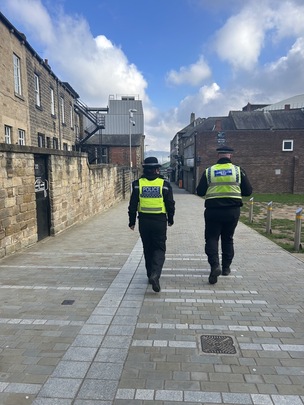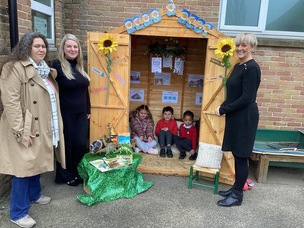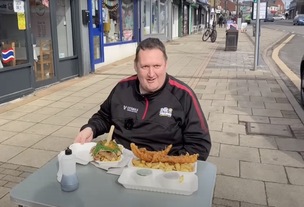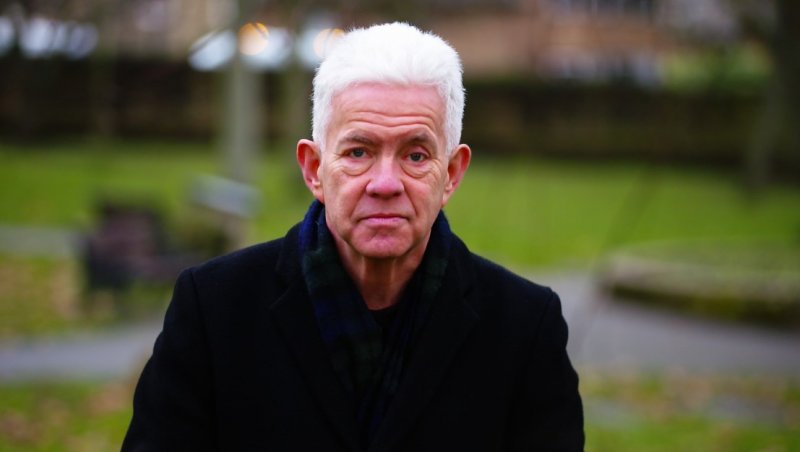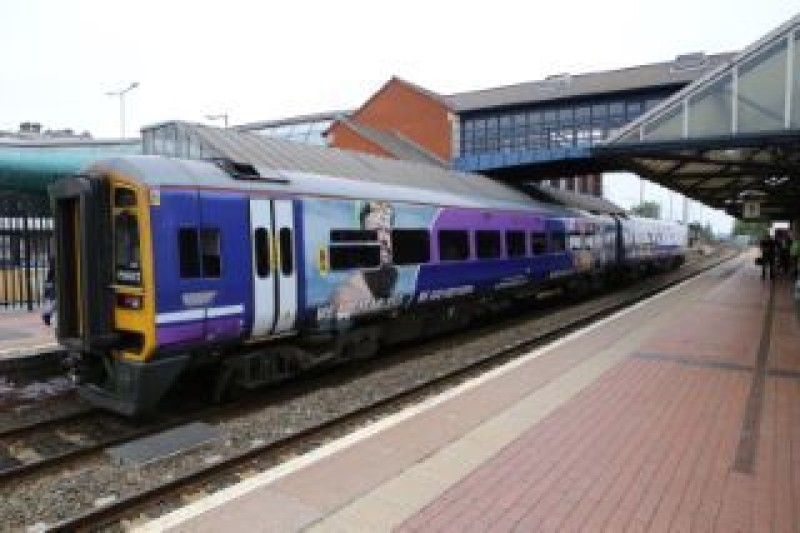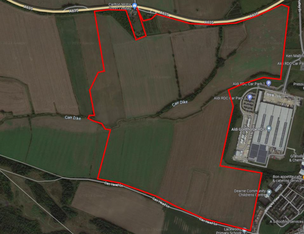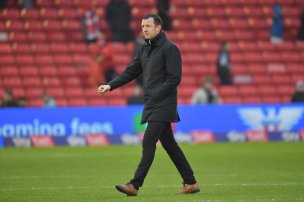A ‘WISH LIST’ of improvements to the rail network serving Barnsley has been drawn up for the council and if successful would involve far-reaching changes including modern rolling stock, new rail connections and easy access to mainline services.
On a more detailed level locally, it proposes better connections from the Wombwell and Darton stations, the reconfiguration of Barnsley railway station to put it closer to the town centre and doubling the currently hourly trains between Barnsley and Huddersfield, with improved parking at Penistone incorporated into that proposal.
Members of Barnsley Council’s ruling cabinet will be asked to approve the plans when they meet next week and if that is agreed, the document will remain aspirational with the council conceding some of their objectives will be ‘challenging’ to achieve.
In the town centre, Jumble Lane level crossing will be removed and replaced with a pedestrian bridge in the spring, with that providing an opportunity for ‘station reconfiguration’ nearer Barnsley town centre, cabinet members will be told.
That would dovetail with faster trains on the Leeds to Sheffield line, which consultants say would place Barnsley on the ‘inter-city rail network map’. That will be increasingly important in future as HS2 provides fast services to London from South Yorkshire in future and the new ‘rail vision’ seeks to secure a new Dearne Valley Parkway station to give access to those opportunities.
Old and poor quality rolling stock trains meant as a stopgap when they were introduced many years ago have been a source of highly vocal complaints in recent years and the report’s authors believe new Class 195 trains would be appropriate for the town’s needs.
There is also a desire to work with community rail partners to reinstate the former North Midland line from West Green to Wakefield, which would mean negotiating support from the Department for Transport. Councillors will hear the list is ambitious and are being told the list comprises of some ‘realistic and deliverable’ proposals and a number of strategic but challenging aspirations.
“These have been drawn up with an understanding of current constraints including the cost and lead in times for delivering infrastructure and service enhancements on the rail network as well as recognising that the council itself has limited influence.”
The document is an update on previous work, from 2015, and takes into account changing circumstances including the HS2 scheme.
Improved rail links would support strategies aimed at promoting growth in Barnsley and the wider region.

